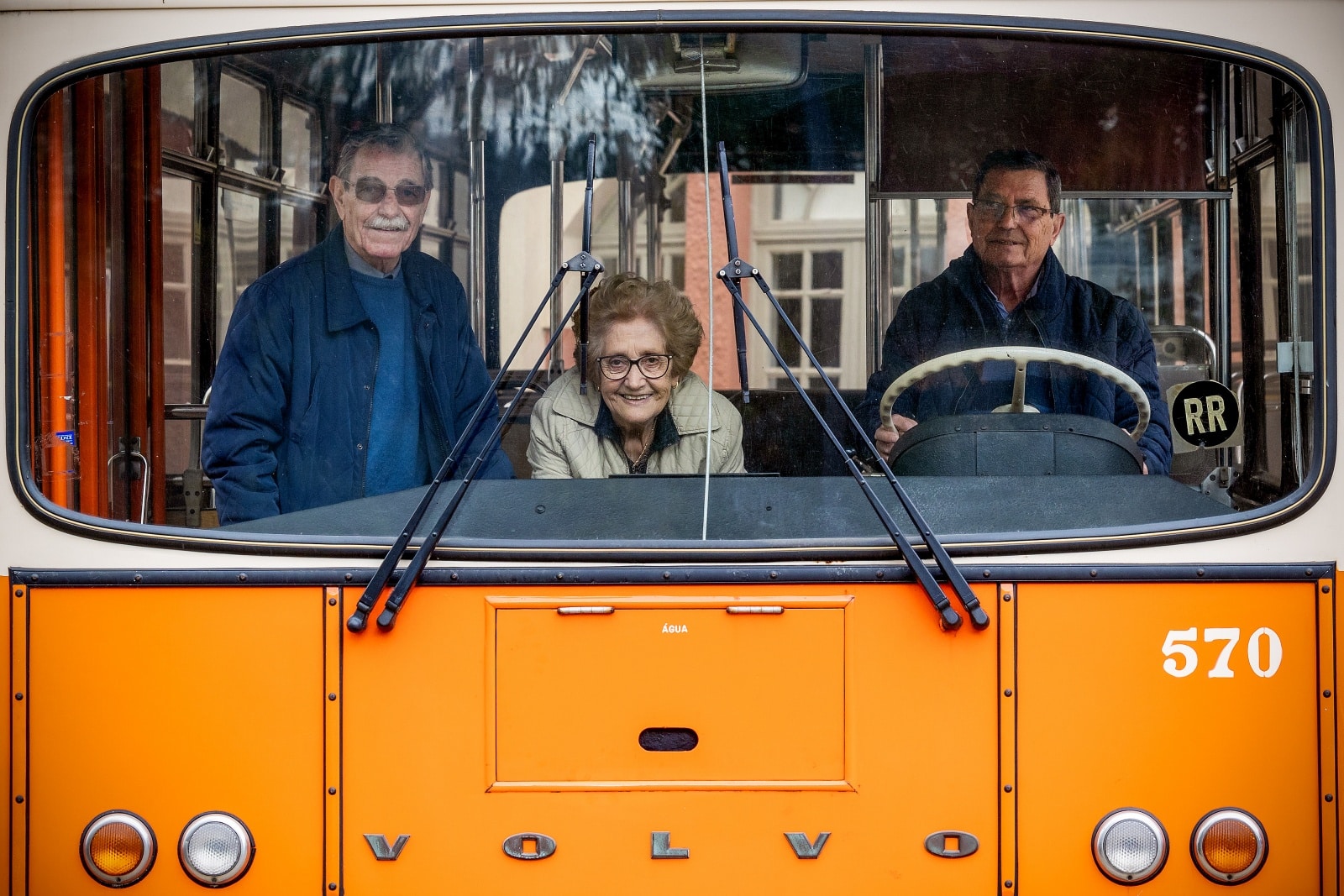“Life was hard. When I went there, I started at 8:00 and left at 18:00. Back then you worked nine hours a day. And on Saturdays until noon. That was 48 hours a week,” he recalls.
Claiming today that he doesn’t have a party and that before April 25 he left the front line of the struggle to “those who belonged to the Communist Party and organized themselves”, he still dared to strike in the middle of the Estado Novo and bore the consequences.
“The police surrounded us, there was a van there, there was a PIDE man there too, they set up a table in the middle of the workshop” to ask who was going to work.
According to António Nogueira, “the first two or three who said they weren’t going to work got into the van straight away”, and after a few days, even those who didn’t, were all “called to the PIDE” in Rua do Heroísmo.
“I was there one afternoon, me and my colleagues, we didn’t all go on the same day, but we had to go there,” she recalls, “it was a bit intimidating” and there was “a very heavy atmosphere”, much worse for those who stayed in the cells.
Lino de Carvalho, 80, a former administrative officer who became head of service, was well aware that “people, even if they had never felt it on their skin, were aware of ‘watch what you say'”.
“There was this sense of… I wouldn’t say fear, but care,” she recalls.
His wife, Rosa Couto, 79, corrects him: “It was fear, really. It wasn’t just the knowledge that we couldn’t pass the risk.”
“I never cared about politics, it was never something that interested me. But those who were interested suffered the consequences. You had to be aware of that,” acknowledges Rosa, also a former administrator and head of Human Resources.
At STCP, depending on the job, some workers suffered more than others. Rosa’s colleagues who were arrested “were all workshop workers”, workers who “didn’t have any facilities” granted to them by the company or the regime.
For example, identified on their clothing with a “chapinha”, they were entitled to a few transport seats “at the front and rear of the streetcar, in the aisle”, but “if they were administrative, they were already entitled to sit inside the vehicle”, Lino recalls. “It was absurd”.
Both in the workshops and in the offices, “the newspaper was distributed”, according to Rosa, but this type of subversive activity was obviously carried out “in total clandestinity”, confirms her husband.
“Before April 25, propaganda was already appearing there. Pamphlets. We had no idea where they were coming from at the time. At least I was young at the time and didn’t even think about it, but they were already there,” says António Nogueira.
But even for the three former employees of the Service who were never very involved in the struggle, waged mainly by communists within the company, the revolution brought improvements.
“What we’re talking about here, apart from all the political and party circumstances, was ultimately a major transformation in terms of workers’ rights,” Rosa said.
For António Nogueira, who felt the harshness of the workshops first hand, “the greatest achievement was labor issues and workers’ benefits”.
“They paid very poorly before April 25th. Then they started paying better, with the negotiations. The strikes also helped to win a lot of things. It got a lot better,” he recalls, noting the difference in “material conditions” and “safety issues”, but above all “in terms of rights and benefits”.
From the age of 17 “until I was 57 and something”, Lino never went to a health center because he had everything in the company.
“We had the medicines. We had everything. We had the dentist, we had a plan, the company worked with pediatrics, then we went to outside specialists, and we had the best specialists there were in Porto,” Rosa recalls.
Right after the revolution, António Nogueira saw “greater unity among the workers” in order to win these benefits, but “from the 1990s onwards, that unity began to be lost”: “everyone was pulling for their own side” and some benefits “were being lost because the workers no longer had the power to demand as they did at the time”.
“The workers lost their strength because someone took it away from them. Things don’t just happen from one moment to the next,” he warns.
Even so, for Rosa Couto, “the basics are there and they can’t take them away”.

